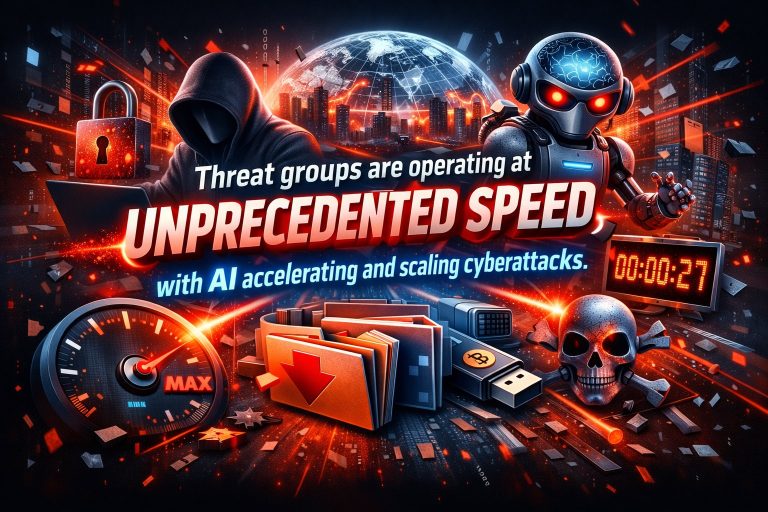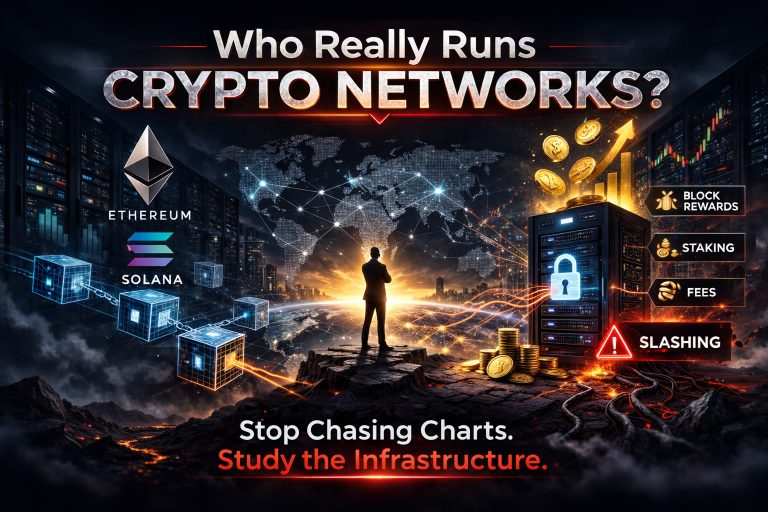
Bitcoin mining and blockchain validation are the backbone of decentralized finance, ensuring the security, transparency, and integrity of digital transactions. Through complex cryptographic computations, miners validate transactions and add them to the blockchain ledger.
What is Bitcoin Mining?
Bitcoin mining is the process of solving complex mathematical puzzles to verify and secure transactions on the Bitcoin network. Miners use computational power to validate transactions and add new blocks to the blockchain.
How Bitcoin Mining Works
- Transaction Validation: Miners collect pending transactions and group them into a block.
- Proof of Work (PoW): Miners compete to solve a cryptographic puzzle using high-performance hardware.
- Block Addition: The first miner to solve the puzzle broadcasts the solution, and once verified, the block is added to the blockchain.
- Reward System: Miners receive Bitcoin as a reward for successfully adding blocks.
Types of Bitcoin Mining
- Solo Mining: Individual miners work alone, requiring significant computational power.
- Pool Mining: Miners combine resources to increase chances of solving blocks and share rewards.
- Cloud Mining: Renting mining power from remote data centers instead of owning hardware.
Blockchain Validation
Blockchain validation ensures all transactions are legitimate and prevents double-spending. Two key validation mechanisms include:
- Proof of Work (PoW): Used by Bitcoin, requiring miners to solve cryptographic puzzles.
- Proof of Stake (PoS): Validators are chosen based on the number of coins they hold, consuming less energy.
Challenges of Bitcoin Mining
- Energy Consumption: Mining requires massive electricity, raising environmental concerns.
- Hardware Costs: High-performance mining rigs (ASICs) are expensive and quickly become outdated.
- Network Difficulty: As more miners join, solving puzzles becomes increasingly difficult.
The Future of Bitcoin Mining
Innovations in Bitcoin mining aim to improve efficiency and sustainability:
- Green Mining: Adoption of renewable energy sources for mining operations.
- Layer 2 Solutions: Technologies like the Lightning Network enhance scalability and transaction speed.
- Regulatory Developments: Governments are shaping policies around cryptocurrency mining and blockchain technology.
Conclusion
Bitcoin mining and blockchain validation are essential to maintaining a secure and decentralized financial system. As technology evolves, mining efficiency and blockchain security will continue to improve.
For more insights on blockchain and crypto technology, explore Cryptonomas!



